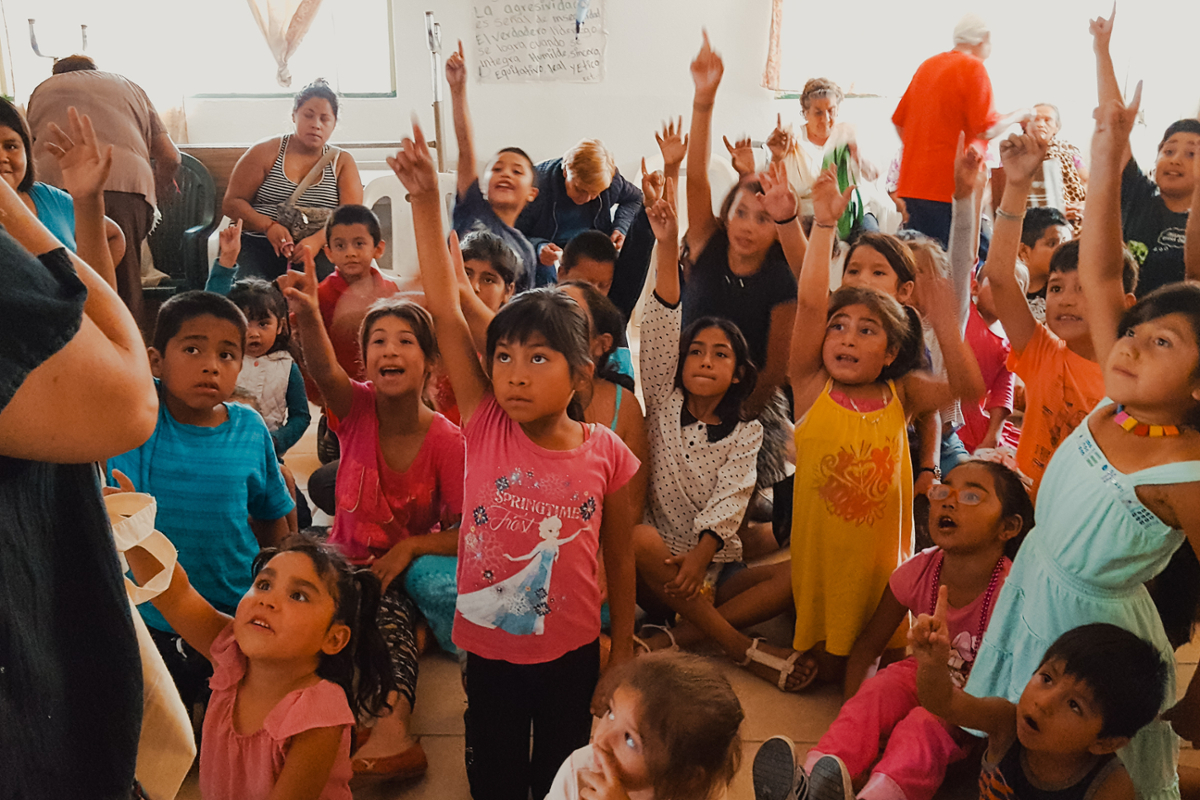BSFI 2018
In the fifth year of the BSFI Program 18 undergraduate students from UCSD programs, plus one students from across the UCSB participated in a two-month paid internship in the San Diego-Tijuana border region. The interns worked in teams based in the three UCSD Community Stations: the Cross-Border Community Station in San Ysidro, the Cross-Border Community Station in Laureles Canyon in the city of Tijuana; and the EarthLab Community Station in Encanto. Students from each field site were challenged to create visual tools and tours for community members, especially women and children, explaining what they learned from the community and proposing plans for future collaboration to be discussed and improved through community input. Bellow is a description of what the students worked on during their internships:
UCSD-Casa Community Station
Field coordinator: Paulina Reyes
At Casa Familiar in San Ysidro interns researched accessibility of nutritious foods, problems of air pollution from the busy San Ysidro border crossing to Mexico, and plans for increasing the walkability of the neighborhood. Interns designed and gave community workshops, co-programmed at Casa Familiar’s monthly ‘San Ysidro Sin Limites/Without Limits’ meeting. They also facilitated a community conversation about public programming ideas for the new UCSD-Casa Community Station.
UCSD-EarthLab Community Station
Field coordinator: Camille Campion
At EarthLab in Encanto, California, interns researched how South East San Diego is considered by many public health researchers ‘food swamp,’ i.e. an area with more cheap, unhealthy options like fast food than fresh, high-quality, and affordable options. They also collaborated with community partners at EarthLab to intervene by educating students at local schools about healthy eating habits. They participated by facilitating children and parent in actually producing these high quality foods in the community gardens which are being built on their grounds.
UCSD-Divina Community Station
Field coordinator: Kyle Haines
Students at the Tijuana–Estuary field site researched the persistent problems with waste and sediment flows choking the Tijuana River Estuary on the US side, and how they related to a lack of consistent trash service and recycling in the peripheral canyons of Tijuana where community partners Organización de Colonos de la Divina Providencia, A.C. operate. Students gave public presentations on solid waste services and the health impacts of urban gardening. In addition they proposed a plan for cleaning up and improving local parks to increase green and recreational space in the Laureles Canyon while improving flows of trash and sewage into the Tijuana Estuary on the US side of the border.
Over the course of the academic year these workshops proved to be invaluable. They added significant public benefit to the neighborhoods that house the community stations sites, because they promote a clear and collaborative process for advancing real projects, and help advance the goals of our non-profit partners in a manner which respects and incorporates community voice.
